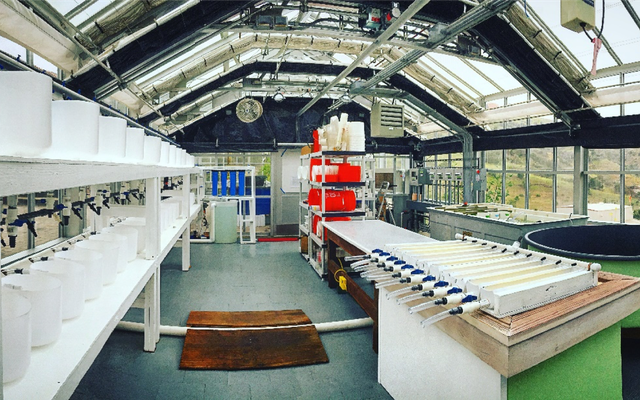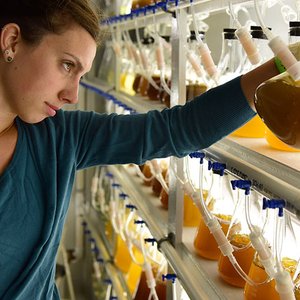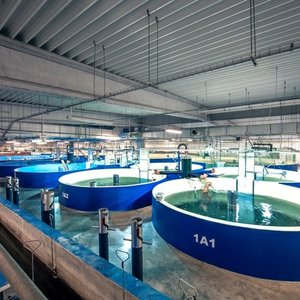California Sea Grant funded 19 new research projects led by researchers and graduate students that will take place over the next one to two years. One of the funded projects is “Developing triploid mussel larvae for farming” that will develop a mussel variety that is sterile, making it possible for farmers to greatly extend their harvesting window and the amount of product they can bring to market. Sterile mussels could also reduce concerns about genetic contamination of wild populations since the sterile mussels do not transmit their genes back into the wild.
Triploid mussels, which have an extra set of chromosomes compared to wild mussels, do not spawn. However, current methods to create triploid mussels in the lab lead to a population of only 20% diploid. In this project, researchers have proposed an alternative method to produce triploid larvae, by first creating mussels with four sets of chromosomes (tetraploid), which can more consistently produce triploid larvae when crossed with wild (diploid) stock.
Researchers, led by Sergey Nuzhdin from the University of Southern California, will work directly with mussel farmers in southern California to test the methods in a business environment and train mussel farmers in the new techniques. They will also present the results of the project to the public at the Los Angeles County Natural History Museum in Los Angeles and the Wrigley Marine Science Center on Catalina Island.













